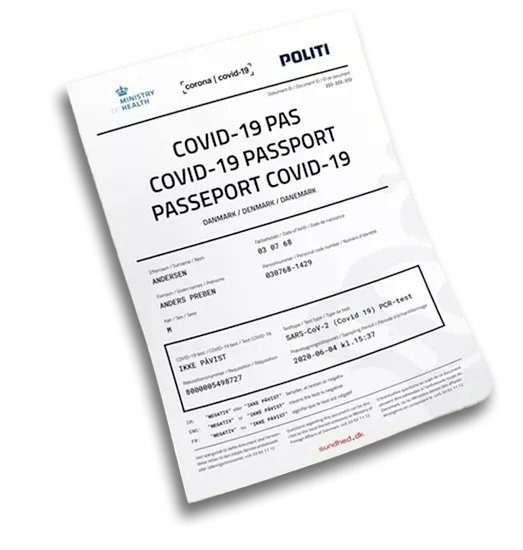Travel or not?
An increasing number of countries have announced measures to drop quarantine restrictions for arriving visitors if they have received a Covid-19 vaccine. To confront verification issues, authorities in a number of countries plan to introduce “vaccine passports”
After almost a year of restrictions and lockdowns, stir-crazy holidaymakers are eager to getaway. With vaccines now being administered and more on the way, travel is finally on the horizon. According to a recent report of the European Travel Commission (ETC), the number of European citizens planning to travel abroad during the spring of this year has marked a 20 per cent increase compared to November 2020 figures.
In addition, an increasing number of countries have announced measures to drop quarantine restrictions for arriving visitors if they have received a Covid-19 vaccine. To confront verification issues, authorities in a number of countries plan to introduce “vaccine passports,” verifying travellers have received the entire vaccine dosage and are safe to travel. However, vaccinations remain a tricky hurdle. Even in those that have commenced vaccinations, priority is given to high-risk groups along with health and essential workers.
However, the prospect of travel opens up many questions. With the situation fluid, it’s hard to know whether planning a trip is even practical. While some countries are dropping quarantines providing visitors can produce proof of vaccination, others are increasing restrictions or cancelling international flights altogether. The UK government is mulling plans to quarantine arrivals in hotels for up to ten days amid concerns about new Covid variants.
Are tests trustworthy?
At the same time, some countries are giving assurances of Covid free holidays to entice travellers. Yet how can such assurances be guaranteed? Recently, Denmark imposed a ban on incoming flights from the United Arab Emirates due to suspicions that Covid-19 testing in Dubai may be unreliable. A statement from Danish transport minister Benny Engelbrecht said flights from the UAE would be suspended for five days “until it has been possible to investigate this issue to the bottom and ensure that the required negative tests are actual negative tests which have been taken properly.”
There are plenty of other potential consequences that many fail to consider. If their home country has issued a stay-at-home order, travel or medical insurance would certainly be nullified. In the case of the Danish situation, many tourists were stranded in Dubai as a result, forcing them to seek another route home. A last-minute flight home would be costly, providing they could even get one at all, with many others in the same predicament.
Add additional nights hotel into the mix adds to the expense. While stay-at-home orders aren’t law, your home government aren’t in any way responsible to help if you get stuck. Basically, you took the chance; you deal with the consequences.
Once the majority of the populace gets vaccinated and cases decrease, the situation will undoubtedly improve. Travel will finally resume, and normalcy will return. In the meantime, keeping abreast of the ever-changing circumstances can be a full-time job.

























